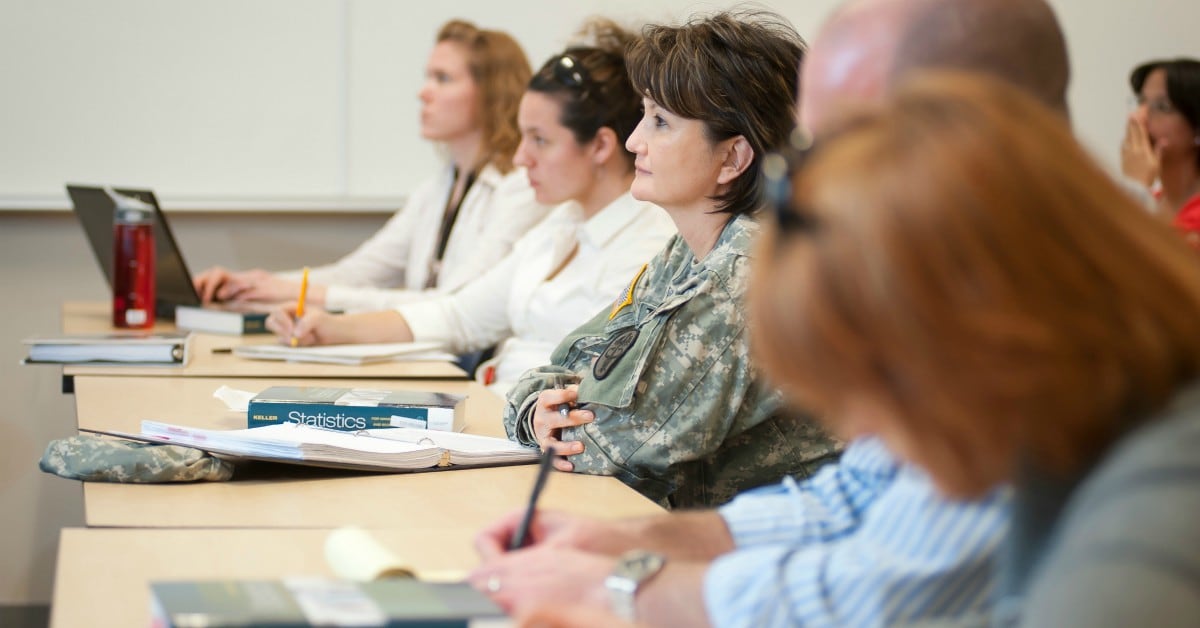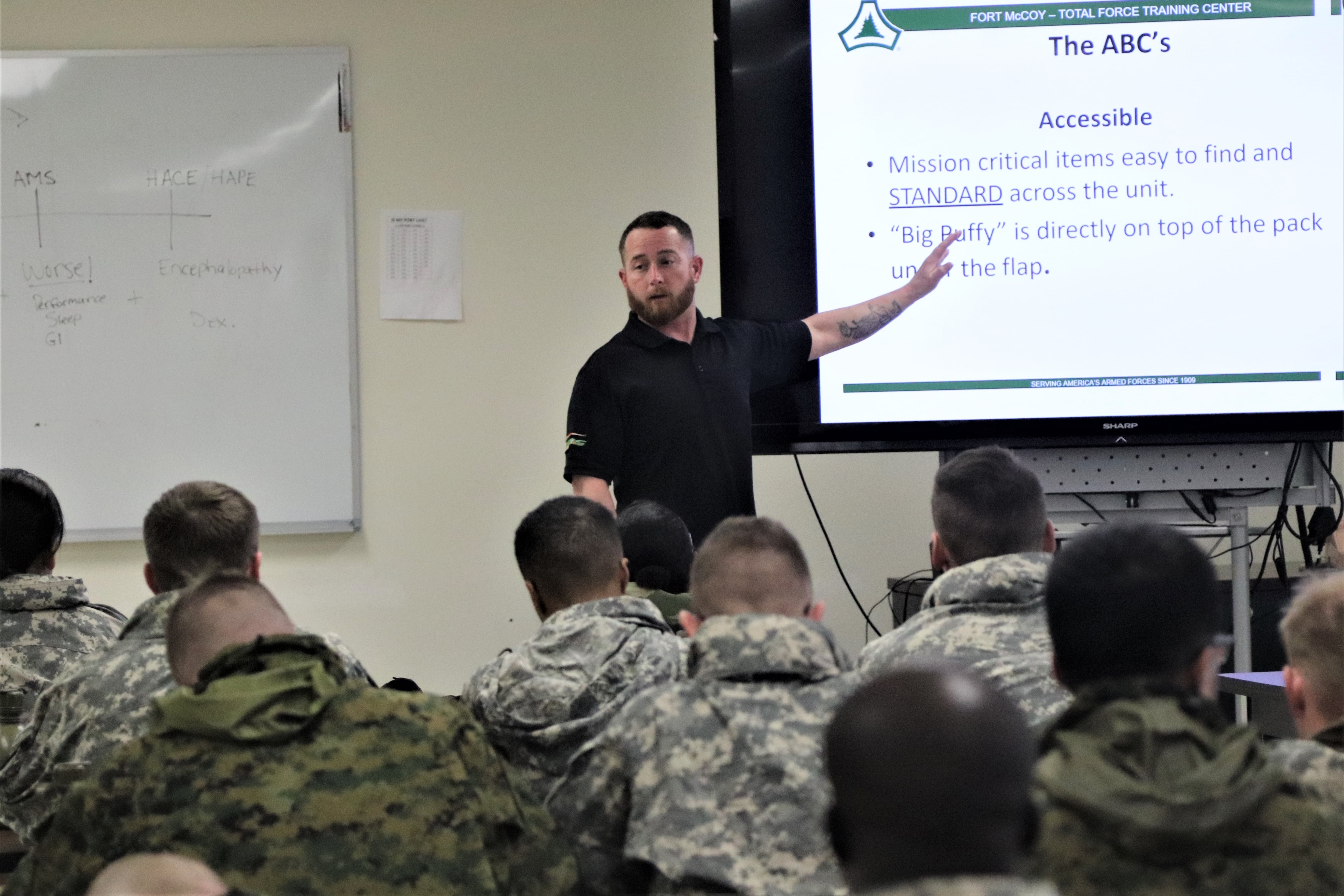Student veterans whose colleges shift to online classes in response to the coronavirus outbreak would have their Post-9/11 GI Bill benefits protected under legislation introduced in the House on Wednesday.
“No student veteran, dependent, or spouse should be worried about their GI Bill benefits being reduced or cut off because of actions their school is taking in response to COVID-19,” said Rep. Phil Roe, R-Tenn., ranking member of the House Veterans’ Affairs Committee and sponsor of the new House legislation.
Companion legislation is expected to be introduced by Senate Veterans’ Affairs Committee Chairman Jerry Moran, R-Kan., later today. The moves come as numerous institutions in recent days have announced they will cancel in-person classes for the remainder of the spring semester in an effort to limit the spread of the illness, opting instead to offer instruction over the internet.
The list includes major college campuses spread throughout the country, including the Ohio State University, Harvard University, University of California Los Angeles, Duke University and the University of Washington. More schools are expected to make announcements in coming days.
RELATED

The decisions have been hailed by medical experts as an important step in helping to stem the spread of the coronavirus, now responsible for more than 4,300 deaths worldwide and more than 30 in the United States.
In testimony on Capitol Hill Wednesday, Dr. Anthony Fauci — director of the National Institute of Allergy and Infectious Diseases — said the new virus is 10 times more deadly and the common flu and warned that “it’s going to get worse.”
For most students, the shift from classroom learning to computer courses could be an inconvenience. But for student veterans, the move raises complex financial issues surrounding their VA education benefits.
Under existing rules for the Post-9/11 GI Bill benefit, student veterans in online college classes receive only half the housing allowance of their on-campus peers. That difference can total several hundred dollars a month, depending where the students are located.
It’s also unclear if schools that are receiving VA education benefits can legally switch to online-only classes and still be eligible for the GI Bill program. Typically, VA officials authorize such decisions at the start of the year, and need to conduct additional eligibility reviews when such moves are made.
VA officials did not respond to questions on the issue. But Roe’s bill would give the department blanket authority in “emergencies and health-related situations” to continue paying student veterans their current benefits even if their schools change to a remote learning model.
“My bill would ensure that (the VA secretary) has the flexibility he needs to continue serving students well during times of uncertainty and I am committed to seeing it signed into law as soon as possible,” Roe said.
Under the bill, VA leaders authority on the emergency health changes would last until the end of 2020.
RELATED

Advocates said lawmakers need to pass the new proposal as quickly as possible.
“The uncertainty facing student veterans in the wake of unexpected school closures and changes in response to COVID-19 is unprecedented,” said Jared Lyon, CEO of Student Veterans of America.
“This critical, time-sensitive legislation explicitly ensures student veterans will be able to continue to attend school and experience no changes to monthly housing allowances as more schools take prevention measures.”
Nearly 1 million individuals received some type of education benefits from the VA this school year. SVA officials estimate that as many as 33,000 student veterans have already been affected by the announced school closings.
Leo covers Congress, Veterans Affairs and the White House for Military Times. He has covered Washington, D.C. since 2004, focusing on military personnel and veterans policies. His work has earned numerous honors, including a 2009 Polk award, a 2010 National Headliner Award, the IAVA Leadership in Journalism award and the VFW News Media award.





